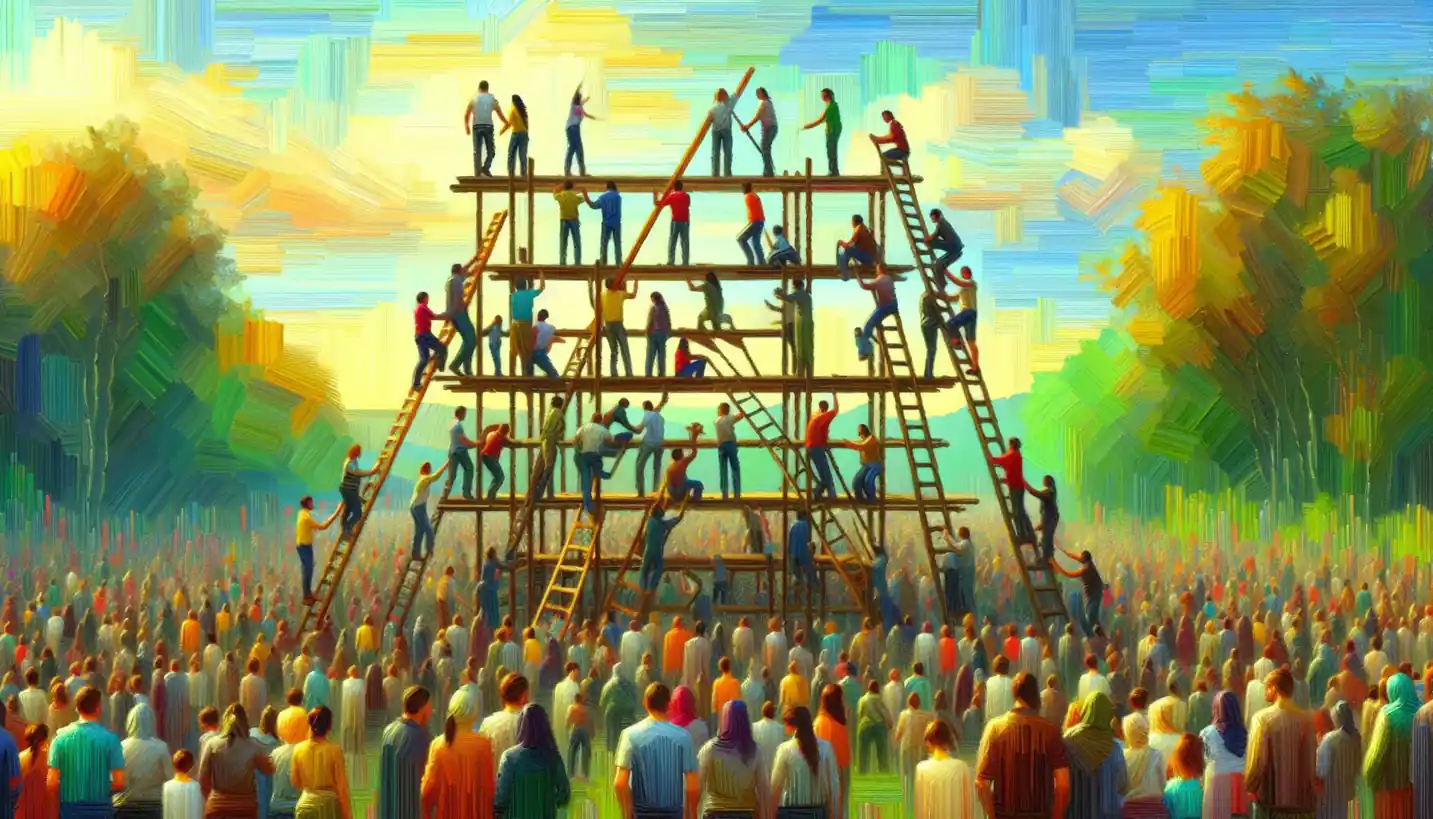· Sociology · 4 min read
Stereotypes: Unraveling Cultural Norms in Society
Stereotypes simplify complex realities but often mislead and harm. Join us as we unravel the profound effects they have on society.

Let’s dive into a fascinating topic that plays a huge role in our everyday lives: stereotypes. You might have noticed how easily we categorize people based on where they’re from, what they like, or how they look. These automatic judgments are what sociologists call stereotypes, a critical concept in cultural sociology. So, what exactly are these stereotypes, and why do they matter?
Stereotypes are like mental shortcuts our brains take. Imagine you’re trying to navigate through a crowded room. You spot someone holding a microphone and wearing headphones. Instantly, you might think they’re a journalist. This snap judgment helps our minds process information quickly, but it can also lead to broad assumptions that aren’t always accurate or fair.
The Origin and Spread of Stereotypes
Stereotypes often originate from historical events, media portrayals, or cultural stories. For example, a stereotype about a group might stem from a widely shared story or incident that gets blown out of proportion. Over time, these stereotypes spread through generations, becoming ingrained in our cultures and minds.
Media is a powerful force in spreading stereotypes. Movies, TV shows, and news reports often emphasize certain traits in characters or groups, which can reinforce existing stereotypes or create new ones. Remember how detectives in old movies always wore hats and trench coats? These images stick with us and become part of our cultural imagination.
The Impact of Stereotypes on Society
At first glance, stereotypes might seem harmless. But they can lead to significant social consequences. When people are boxed into rigid categories, it affects their opportunities, self-esteem, and the way society treats them.
One of the biggest issues with stereotypes is they can lead to prejudice and discrimination. If there’s a stereotype that a particular group is less capable or more dangerous, it may lead to unfair treatment in workplaces, schools, and communities. This kind of bias can be seen in many areas, such as gender, race, religion, and more.
Take, for instance, gender stereotypes. Women have long been stereotyped as being more nurturing, while men are seen as more assertive. These stereotypes have profound impacts, influencing career paths, leadership opportunities, and societal roles.
Breaking Down Stereotypes
Challenging stereotypes isn’t easy, but it’s crucial for fostering a more inclusive society. Education plays a vital role in this. By learning about different cultures, histories, and perspectives, we can begin to see the world as a more richly nuanced place, rather than one divided into simplistic categories.
Personal interactions are another powerful tool. When we engage with people from diverse backgrounds, we begin to see them as individuals rather than representatives of a stereotype. Conversations, friendships, and collaborations break down walls that stereotypes build.
Media also holds the power to change perceptions. Movies, series, and books that portray characters from various backgrounds in diverse roles can chip away at harmful stereotypes. Think about recent films that have challenged traditional narratives or introduced complex characters who defy stereotypes.
Why Understanding Stereotypes Is Important
Understanding stereotypes helps us be more aware of our own biases. This awareness is the first step towards change. When we’re conscious of the stereotypes we hold, we can actively work to overcome them, treating people as individuals rather than as mere representatives of a group.
Moreover, breaking free from stereotypes opens the door to creativity and innovation. Diverse teams that challenge each other’s ideas and assumptions often lead to more inventive solutions and better results in workplaces and communities.
The Future: Moving Beyond Stereotypes
So, what does the future look like without rigid stereotypes? Imagine a world where people are free to express themselves without being limited by societal expectations. Such a society would likely be more harmonious and dynamic. Yet, reaching this point requires effort and commitment from all of us.
Engaging in open conversations about stereotypes and their impacts can spark change. Encouraging curiosity and empathy, especially among younger generations, makes a significant difference. Schools can teach students to question assumptions and embrace diversity, laying the foundation for a more inclusive world.
As you go about your day, consider the assumptions you might be making and challenge yourself to look beyond them. Recognize that stereotypes, while deeply rooted in culture, are not unchangeable. They can evolve and eventually dissolve with conscious effort and empathy.
In the grand tapestry of society, each thread is unique. Let’s appreciate the richness of diversity and commit to a future where stereotypes no longer define or limit us.

